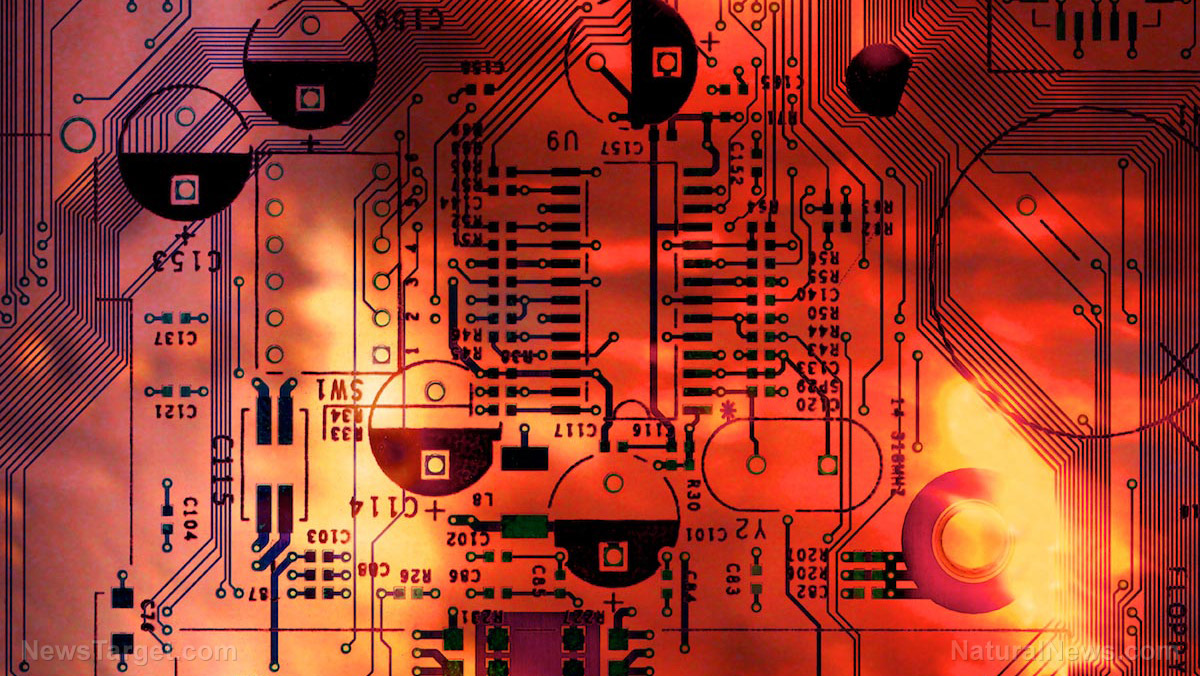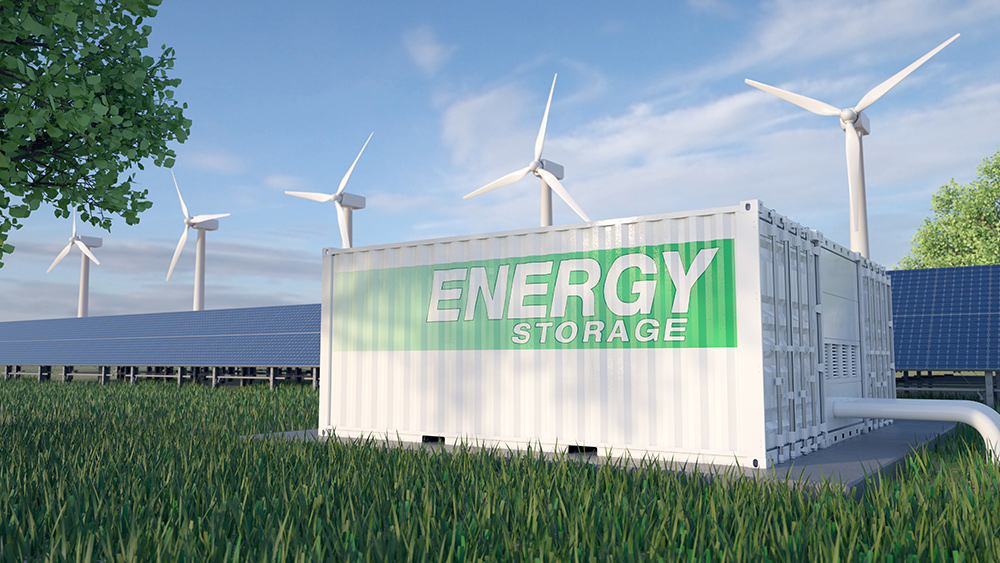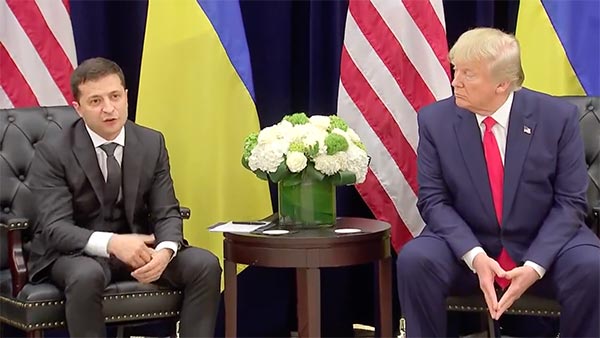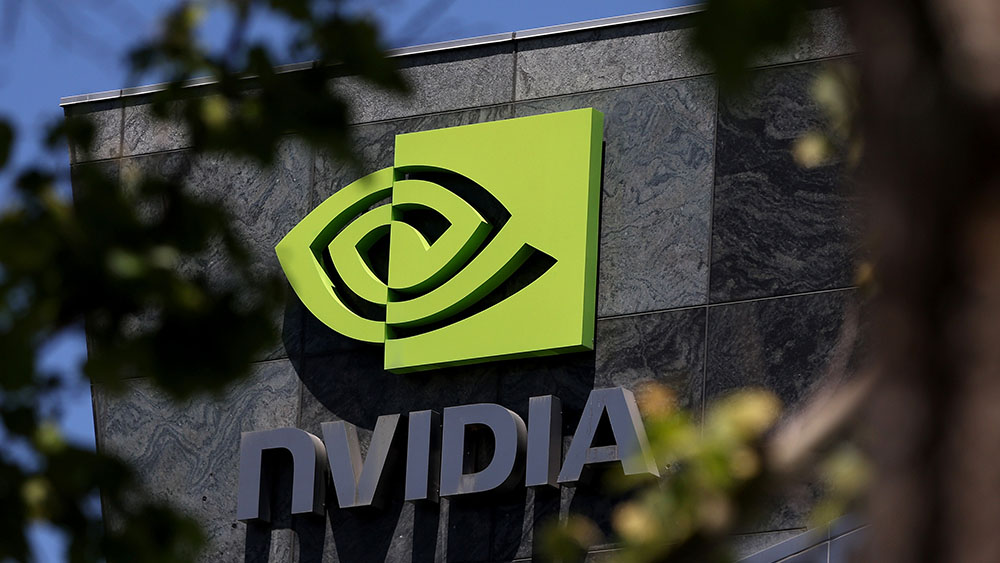 Parler
Parler Gab
Gab
- Microsoft unveiled the Majorana 1 quantum processor, powered by a new class of materials called topoconductors, marking a significant step toward practical quantum computing.
- The project, a culmination of almost two decades of research, has resulted in the creation of a topological state of matter, leading to a new type of qubit and architecture.
- DARPA included Microsoft in the final phase of its US2QC program, validating the company's roadmap for a fault-tolerant quantum computer and recognizing the potential of topological qubits.
- A million-qubit quantum computer could lead to innovations in self-healing materials, sustainable agriculture, safer chemical discovery and more, driving global economic growth and societal benefits.
- Majorana 1 uses topological qubits for enhanced error resistance and has developed a simplified quantum error correction approach using digital pulses, making large-scale quantum computing more feasible.
A decades-long quest for quantum supremacy
The launch of Majorana 1 is the culmination of nearly two decades of intensive research at Microsoft. Chairman and CEO Satya Nadella emphasized the company’s long-term commitment to the project, stating, "It takes patience and persistence to have big impact in the world." This dedication has resulted in the creation of an entirely new state of matter, a topological state, which is not a solid, liquid, or gas. This state is achieved through the use of a topoconductor, a breakthrough type of material that enhances the reliability, speed and size of qubits — the building blocks of quantum computers. Chetan Nayak, Microsoft technical fellow and corporate vice president of Quantum Hardware, explained the company's innovative approach. "We took a step back and said, 'OK, let’s invent the transistor for the quantum age. What properties does it need to have?' And that’s really how we got here—it’s the particular combination, the quality and the important details in our new materials stack that have enabled a new kind of qubit and ultimately our entire architecture."The Pentagon’s validation of Microsoft’s quantum roadmap
DARPA, known for its focus on developing advanced technologies for military use, has included Microsoft in the final phase of its Underexplored Systems for Utility-Scale Quantum Computing (US2QC) program. This recognition is a significant validation of Microsoft's roadmap for building a fault-tolerant quantum computer. According to Microsoft, this move "demonstrates the promise of our topological qubit approach and our commitment to relentless progress toward our goal." DARPA’s interest in the project is not surprising, given the potential applications of quantum computing in areas such as cryptography, secure communications and complex simulations. The agency's experts have "exhaustively examined" Microsoft’s technical approaches and long-term R&D plans, though it has not yet disclosed any financial support for the research.Practical applications and future implications
The potential applications of Majorana 1 are vast and transformative. According to Microsoft, a million-qubit quantum computer, which the company aims to build, could solve problems that are currently beyond the capabilities of classical computers. For instance, such a computer could:- Self-healing materials: Develop materials that can repair cracks in bridges and other infrastructure.
- Sustainable agriculture: Optimize crop yields and reduce environmental impacts.
- Safer chemical discovery: Accelerate the development of new drugs and materials through precise simulations.
A new era in quantum control and error correction
One of the main challenges in quantum computing has been the extreme fragility of quantum bits, which are highly susceptible to external interference. Majorana 1 addresses this issue by using topological qubits, which are inherently error-resistant. Nayak explained, "All the world’s current computers operating together can’t do what a one-million-qubit quantum computer will be able to do." The company has also developed a measurement-based approach to quantum computing, which simplifies quantum error correction (QEC) dramatically. This approach uses digital pulses to connect and disconnect quantum dots from nanowires, making it practical to manage the large numbers of qubits needed for real-world applications.Conclusion
The unveiling of Majorana 1 represents a significant milestone in the quest for practical quantum computing. With the support of DARPA and a clear roadmap for building a fault-tolerant quantum computer, Microsoft is positioned to lead the industry into a new era of technological innovation. As Nadella put it, "This is our focus: to build technology that truly serves the world." Stay tuned for more updates on Microsoft’s journey toward building a quantum supercomputer that could revolutionize science and society. Sources include: RT.com Microsoft.com TheHill.comTrailblazer moon mission aims to unearth lunar water
By Cassie B. // Share
Citrus to the rescue! Ancient lime peel oil stops “nightmare bacteria” when modern antibiotics fail
By News Editors // Share
Econocide: Green subsidies are hastening our energy demise
By News Editors // Share
Ukraine strikes mineral deal with U.S. after tense negotiations
By Cassie B. // Share
By Lance D Johnson // Share
Governments continue to obscure COVID-19 vaccine data amid rising concerns over excess deaths
By patricklewis // Share
Tech giant Microsoft backs EXTINCTION with its support of carbon capture programs
By ramontomeydw // Share
Germany to resume arms exports to Israel despite repeated ceasefire violations
By isabelle // Share










